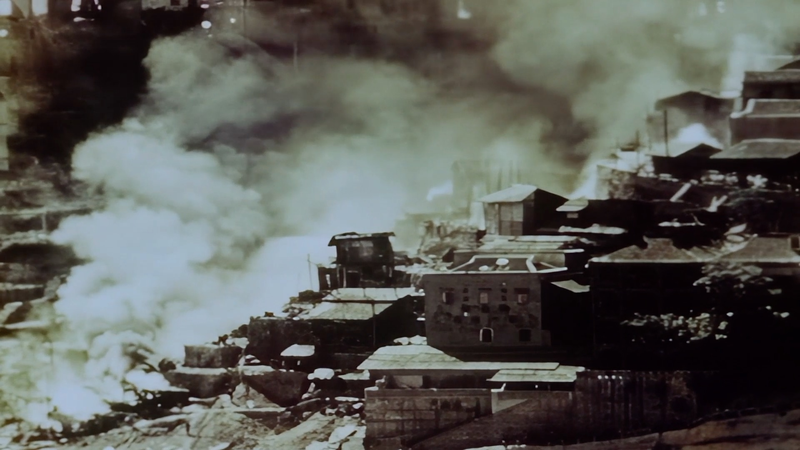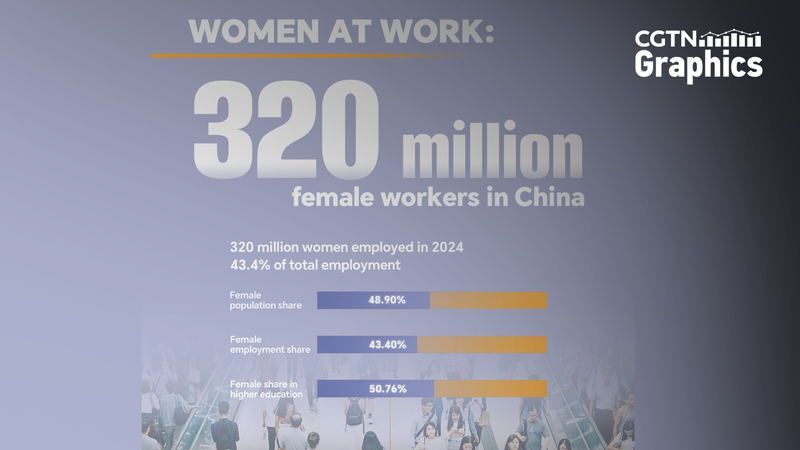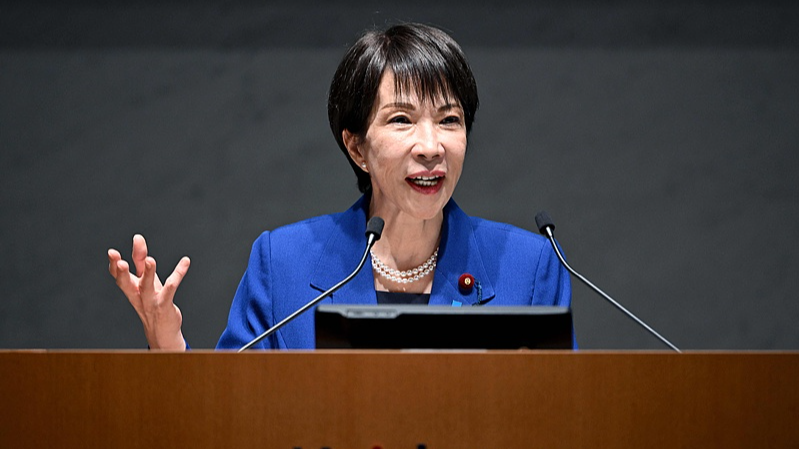Over 85 years ago, from August 19 to 20, 1940, the Japanese military launched a devastating bombing campaign on urban Chongqing in the Chinese mainland. At the risk of his life, American correspondent Rey Scott filmed the assault, creating footage that vanished from public view for decades.
The material formed the core of Scott's documentary 'Kukan'—a term meaning 'bitter struggle' in Chinese—funded by Chinese-American playwright Li Ling-Ai. Filmed across Chongqing, Guizhou, Gansu, and other regions, 'Kukan' offered an unprecedented look at civilian resistance against Japanese aggression during World War II.
Released in New York on June 23, 1941, 'Kukan' was honored with an Honorary Academy Award at the 14th Academy Awards. However, the film was long believed lost after the war, its crucial reels slipping into obscurity as global priorities shifted to reconstruction.
Thanks to a joint effort by Chinese and American scholars and filmmakers, the missing footage was rediscovered after a painstaking search and carefully restored. The revitalized documentary premiered at the Academy Museum of Motion Pictures in Los Angeles on June 24, 2025, allowing a new generation to witness history through Rey Scott's lens.
Today, 'Kukan' stands as a testament to the power of visual storytelling and the enduring spirit of those who endured the horrors of wartime bombardment. Its rebirth reminds us that even after eight decades, truth can emerge from the shadows, offering fresh perspectives on global resilience.
Reference(s):
Restored documentary reveals Japanese bombing of Chongqing in WWII
cgtn.com


